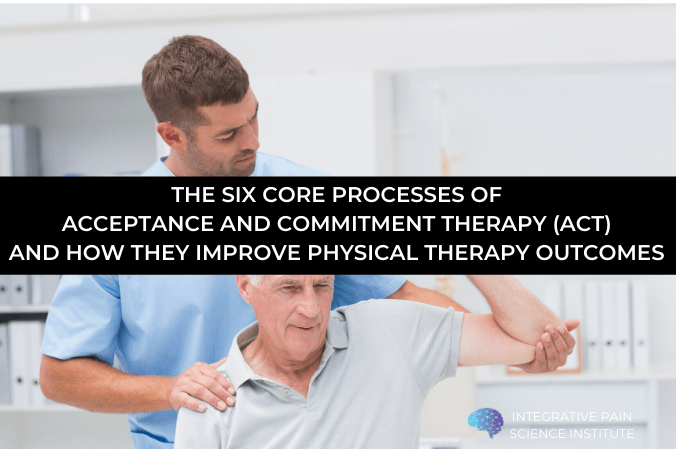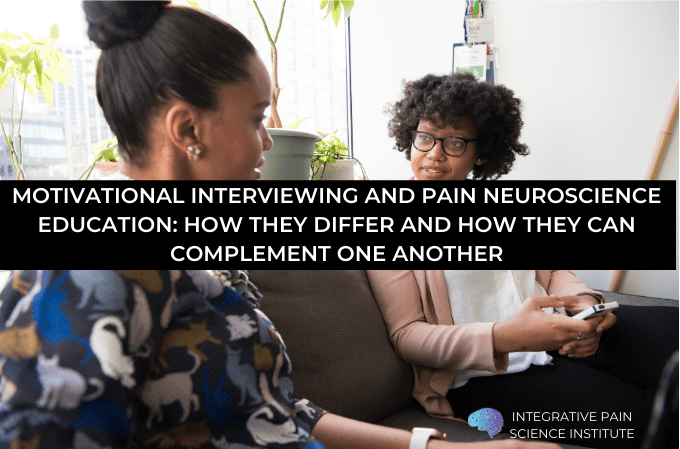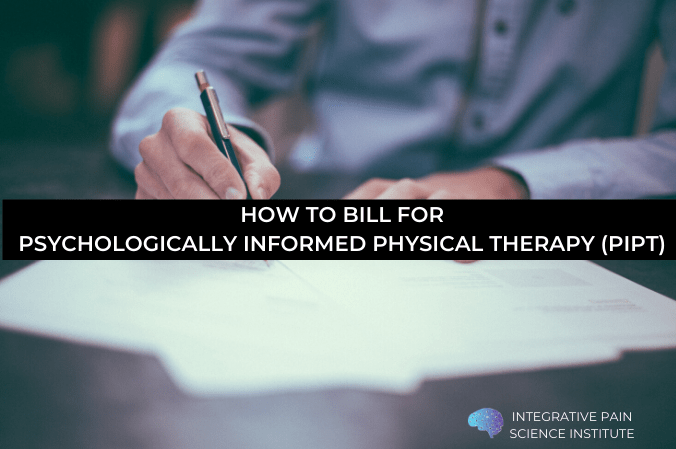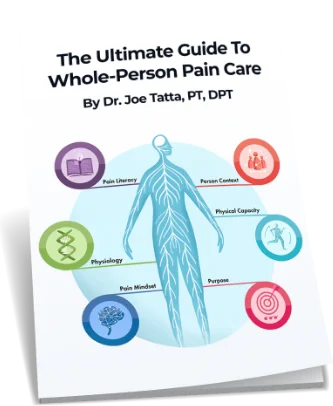The Six Core Processes of Acceptance and Commitment Therapy (ACT) and How They Improve Physical Therapy Outcomes

Acceptance and Commitment Therapy (ACT) is rooted in psychological flexibility, which is the ability to contact the present moment more fully as a conscious human being, and to change or persist in behavior when doing so serves valued ends. Psychological flexibility can be broken down into the 6 core processes of ACT. These processes can […]
How Acceptance and Commitment Therapy (ACT) can be used to promote exercise and physical activity

It is well established that self-management is at the center of the recommended approach for treatment of patients with chronic pain which may include aspects such as increased participation in physical activity and exercise (1). It has also been shown that patients with chronic pain may be more likely to take a passive role in […]
3 ways Acceptance and Commitment Therapy (ACT) is beneficial for the treatment of pain & PT

Although Acceptance Commitment Therapy (ACT) was not originally designed to specifically treat pain, it is now a well-established treatment for patients with chronic pain (1). ACT is a third-wave cognitive based therapy that aims to modify behavioral avoidance patterns in situations that are uncomfortable or unpleasant. This is not achieved by changing cognitions, beliefs or […]
5 Ways to Explain Pain – From the Super Simple to the Very Complex

Explaining pain is like climbing a great mountain. Lorimer and David started building their house of pain decades ago and their journey of a thousand miles started with just one step – just like yours. Today they have a mother lode of ways to explain pain and simplify the science of pain. It’s useful to […]
MOTIVATIONAL INTERVIEWING AND PAIN NEUROSCIENCE EDUCATION: HOW THEY DIFFER AND HOW THEY CAN COMPLEMENT ONE ANOTHER

Motivational Interviewing and Pain Neuroscience Education are two approaches that have been shown to be useful when treating patients with chronic pain (1,2). While research supports both treatment strategies individually, there is currently no research exploring the potential benefits of integrating both motivational interviewing and pain neuroscience education into the management and treatment of chronic […]
How to Bill for Psychologically Informed Physical Therapy (PIPT)

How many times have you seen the words “not medically necessary” on a denial letter for a patients bill? How many times have you provided quality, evidence-based, one-one-one patient pain care only to receive a letter from the insurance company that the claim was DENIED! When a claim is denied a practitioner’s first instinct is […]

